
Marcel Réja and theatre therapy

news, new scholarship & more from around the world

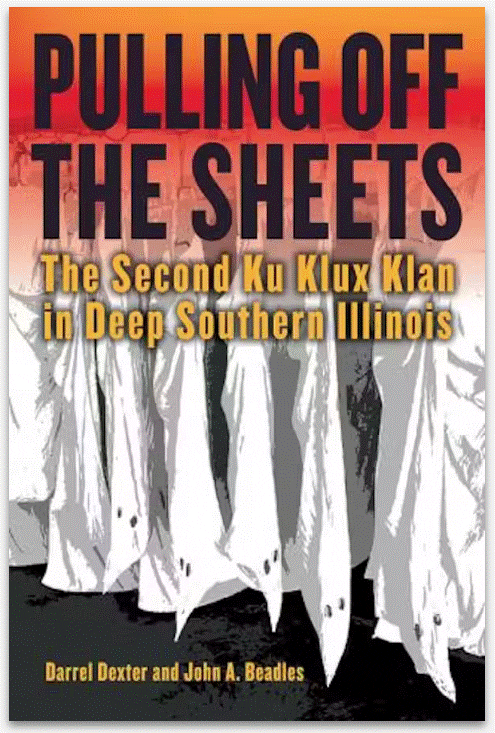
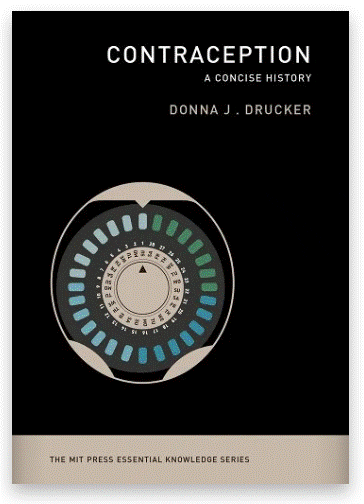
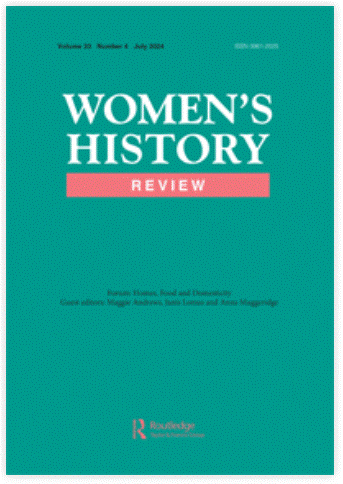





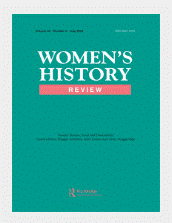




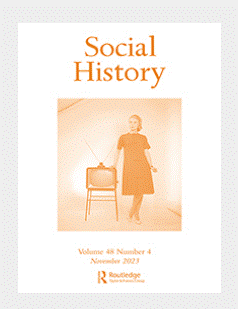


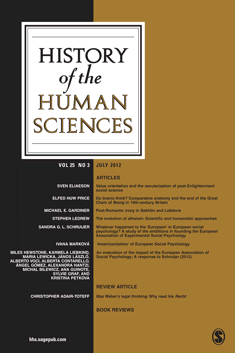
History of the Human Sciences, Ahead of Print.
In a long-forgotten essay, Alvin Gouldner defended the distinctive contributions of Romantic social science. Today, half a century later, very few would risk making a similar plea. Owing to its deconstruction, the discourse of Romanticism has increasingly fallen out of favor in the social sciences, meaning social scientists have progressively come to see Romanticism as less a resource for critique than a bourgeois ideology warranting critical scrutiny. Yet the truth is quite a bit more complicated. For despite its disapproval at the level of social science’s explicit culture, Romanticism continues to serve, at the level of implicit culture, as a potent resource for social analysis. We start with a clarification of what we mean by Romanticism. While Romanticism may be an amorphous and multifaceted structure of thought and feeling, like Gouldner, we do not think it lacks coherence. Thus, we outline what we take to be the core dimensions of the ‘Romantic syndrome’, and then survey some of its key figures in Western social thought. Next, we move to a discussion of three select studies about the infiltration of Romanticism into the capitalist heartland—the sphere of work. We demonstrate how, consistent with our argument that Romanticism has become increasingly symbolically polluted within social science, each of these studies critiques the Romantic turn at work, while nevertheless anchoring their critiques in Romanticism, albeit in increasingly implicit fashion. We conclude by offering some reflections on why Romanticism continues to haunt contemporary social science—and why this matters.

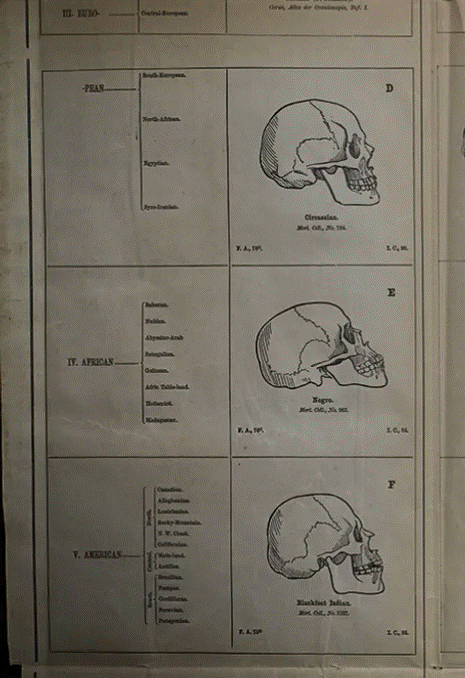



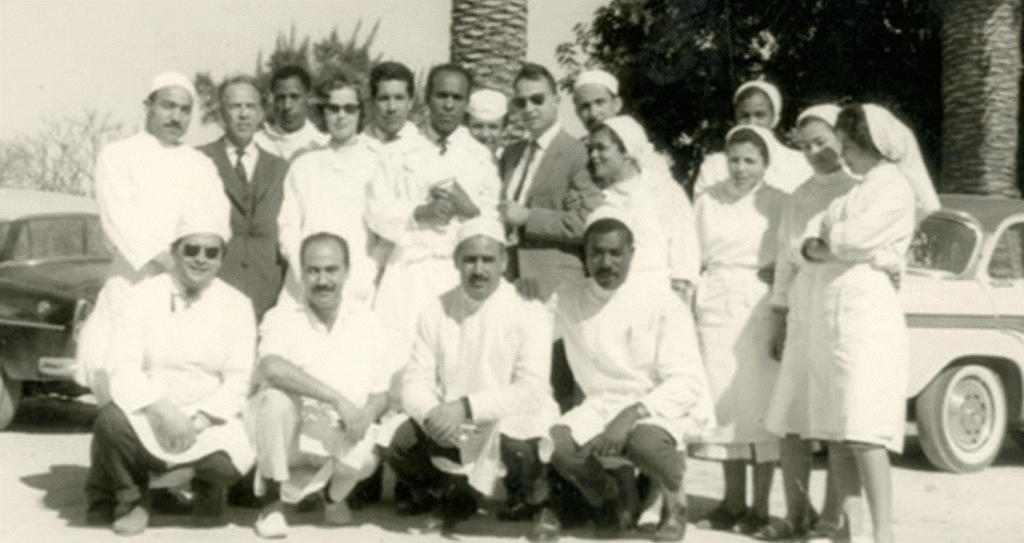
Frantz Fanon’s psychiatric work was the most practical manifestation of his larger ambition to restore agency to alienated subjects. Above: Frantz Fanon and the medical team at the Blida-Joinville Psychiatric Hospital in Algeria, where he worked from 1953 to 1956.


The primary claim of this essay is that historical fluency is required for effective work in crafting legal and policy interventions as a part of public health emergency preparedness and response (PHEPR). At a broad level, public health law is explicitly recognized as a key systems-level component of PHEPR practice.11 This essay therefore focuses on the extent to which historical fluency is necessary or at least useful to all aspects of PHEPR that draw on or deploy legal and policy mechanisms (e.g., design, planning, implementation, dissemination, monitoring and evaluation, etc.). The essay collectively refers to these legal and policy mechanisms as epidemic law and policy response (ELAPR). Part I explains the concept of historical fluency. Part II explores the foundations of public health law both as a way of highlighting key structural features of ELAPR and in supporting the claim that historical fluency is critical for ELAPR. Part III applies the previous arguments to a specific case study to highlight the promise and power of historical fluency – the outbreak of bubonic plague in San Francisco in 1900. Tracking this essay’s pragmatic focus, part IV offers several recommendations for how specifically historical fluency in public health law and ethics can be operationalized in PHEPR practice and policy. Part V summarizes and concludes.

Dr. Klein grew up in Scarsdale, New York, where his mother worked in social welfare agencies and his father was a professor of social work at Columbia University.




A picture of Barbara Wootton at her desk.


History of the Human Sciences, Ahead of Print.
This article addresses the history of sociological sex research and its reception in Sweden and Finland. It describes the background and implementation of the first study in Sweden in 1967, and how the methodology of this study was adopted in Finland in 1971. Both of these studies were followed up in the 1990s with surveys that documented the changes in sexuality, 1992 in Finland and 1996 in Sweden. As the studies were labelled ‘Kinsey studies’ of their respective countries, the article examines the effect that the work of Alfred Kinsey’s research group had on them. In particular, the article pays attention to the role of homosexuality in the studies and their reception, both in the mainstream media and in lesbian and gay organizations’ magazines. The article argues that, even though the studies recognized their position on the continuum of sex research stemming from Kinsey’s work, they did not have a similar role in normalizing homosexuality. On the contrary, the studies showed diminishingly small numbers of homosexual respondents, even in the 1990s, when lesbian and gay rights were rapidly developing, and the studies were used to argue against equality and minority rights.


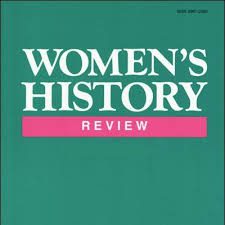


Over the course of 70 years of operation, the facility treated thousands of patients who had been deemed mentally ill. Sprawling across almost 900 acres and encompassing more than 80 buildings, the hospital had its own golf course, bowling alley, baseball field, bakery, and a massive dairy farm that supported an in-house ice cream parlor. At its peak, the facility housed 5,000 patients and 5,000 employees.

International Sociology, Ahead of Print.
Sociologists have long studied the educational incorporation of immigrants and refugees, but most scholarship focuses on questions of access, achievement, attainment, and acculturation. We extend this literature by examining the incorporation of immigrants and refugees in the cultural content of schooling, drawing on a unique dataset spanning 509 textbooks from 80 countries, representing all regions of the world from 1963 to 2011. Our descriptive and multilevel regression analyses reveal a mixed picture. On one hand, textbook discussions of immigrants and refugees have expanded over time and are especially pervasive in textbooks that invoke post-national conceptions of citizenship and in countries that host large foreign-born populations. But we also document stagnating discussions of immigrants and refugees in recent decades, a casting of these groups as part of the historical past more than contemporary civics and society, and a tendency toward their curricular omission in countries with a recent history of war.


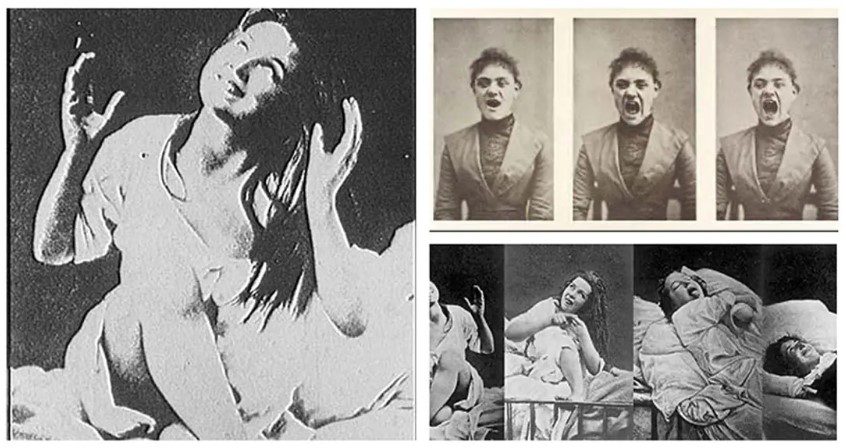

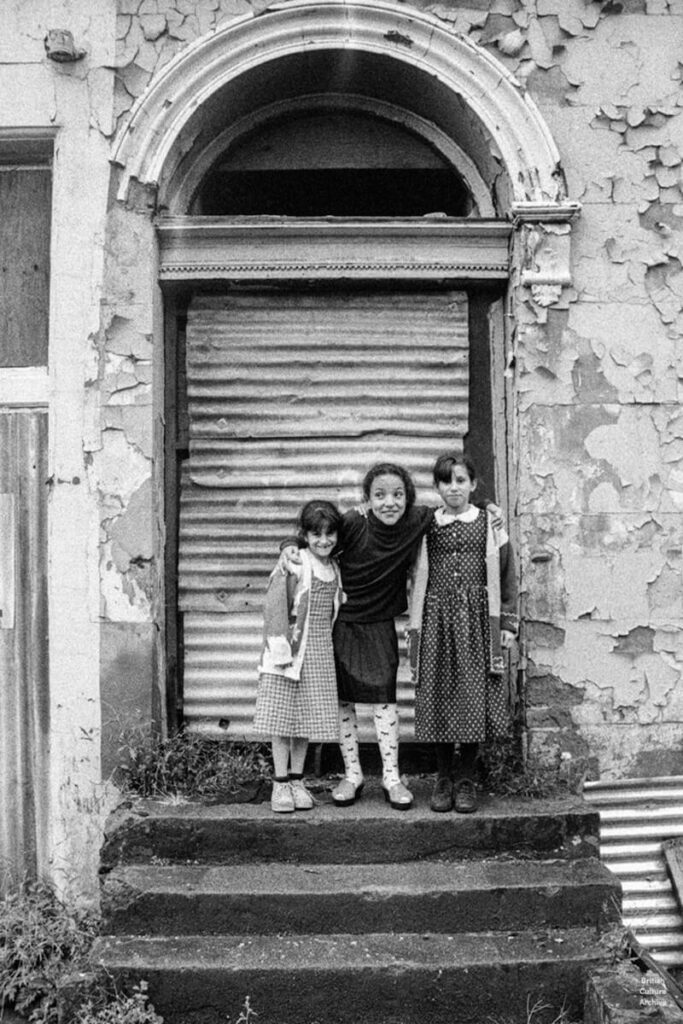
Girls in Toxteth, 1998.


History of the Human Sciences, Ahead of Print.
This article develops the concept of heritage pharmacology as an encompassing critical framework in order to radically recast the interactions and efficacies of heritage as a particularly potent pharmacology of care. I critically engage with Stiegler’s philosophic reflections On Pharmacology, which builds on Derrida’s work and recasts pharmacology – a term usually reserved for that branch of the biomedical sciences dealing with drugs and their interactions and efficacies – in order to draw out the ‘curative-toxic’ dimensions at play in wider care tropes. By placing core concepts and practices of heritage and pharmacology in critical dialogue, my aim as heritage critic is to gain mutual insights into ‘care’, as that which links together the two domains of heritage and health, as otherwise distinct discourses, concepts, technics, and practices. My specific intervention rethinks the crucial role of ‘heritage pathologies’ and the underpinning memory-work at play within these tropes while grounding these in a case study of Jerusalem Syndrome (JS). I argue that it is the dynamic of heritage pathologies, best crystallized in JS debates, that invests us in the wider Stieglerian quest/ion of ‘pharmacology’, as a concern with ‘what makes life worth living’. Such quests ultimately take this article into the realpolitik of Palestine.